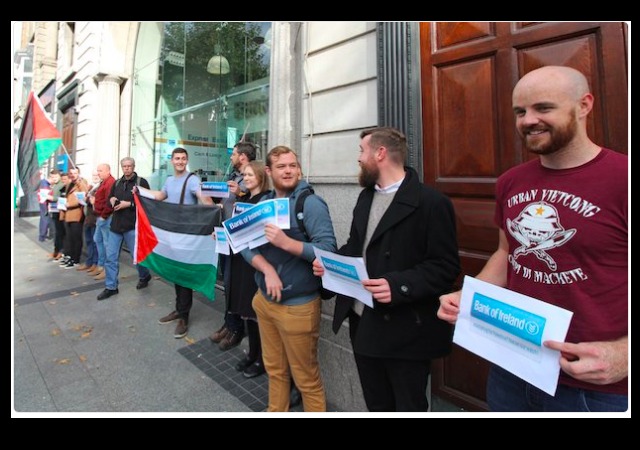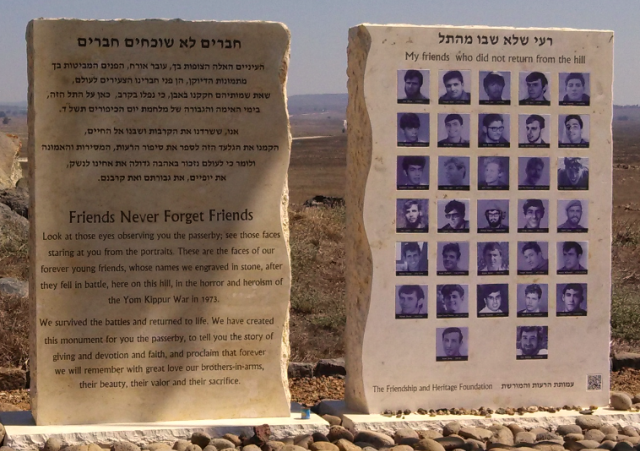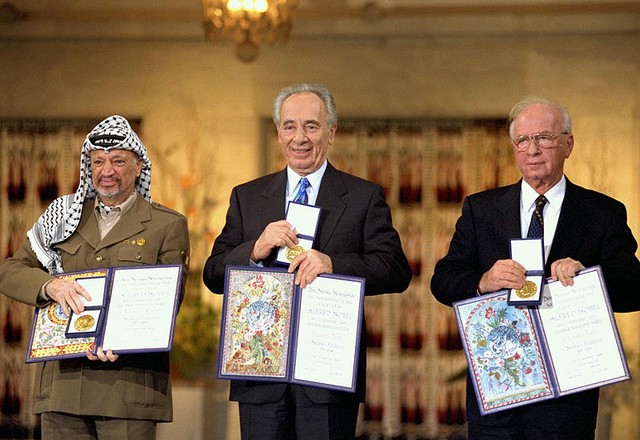UNESCO attempts to erase Jewish connection to Temple Mount
on October 14, 2016
7 Comments
The United Nation’s cultural body—UNESCO (United Nations Educational, Scientific and Cultural Organization)—passed a resolution in Paris yesterday that challenges both Jewish and Christian ties to Jerusalem’s holy sites.
The resolution was passed as Item 25 (titled “Occupied Palestine”) of the provisional agenda for UNESCO Executive Board’s 200th session.
The document (full text here) was advanced by the Palestinians along with Egypt, Algeria, Morocco, Lebanon, Oman, Qatar, and Sudan. Twenty-four countries voted in favor of the resolution; 26 abstained; and only 6 voted against according to media reports.
Those that voted against include: U.S., Britain, Germany, the Netherlands, Lithuania and Estonia.

























